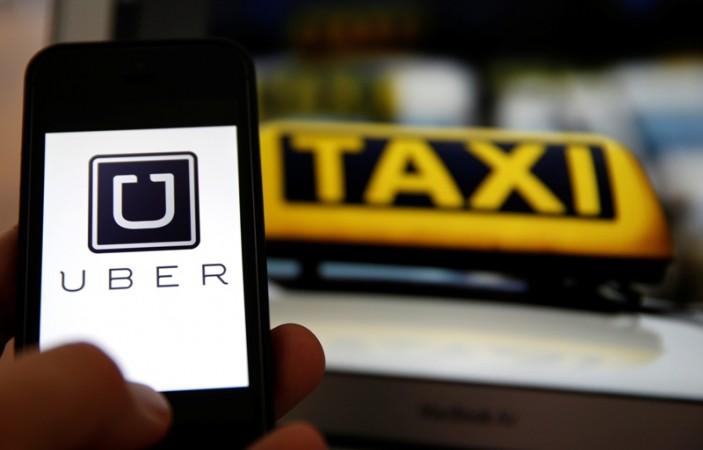
Uber, the ride-sharing service, announced in a blog post on Tuesday that it will invest in passenger security across all its markets.
Uber had to take massive hits to its reputation given the state of affairs over the past few months. Starting with the tragic rape case in Delhi and other sexual abuse allegations from regions like Chicago and Boston, Uber has come under fire for having lax passenger safety measures.
In the blog post, Uber promised to improve driver screening using new technology like "biometrics and voice verification" to up the security. The company also said that since background checks and screening processes were different in every market, they would work to develop methods like "polygraph exams" to help screen drivers better.
Uber will also be developing a two-way feedback system in order to ensure instant access to customer support. They are building "Safety Incident Response teams around the world with the goal of providing 24/7, immediate support in the event of a safety incident," the company said.
Uber also said that they will be working with partners that specialise in women's safety, conflict resolution and road safety to improve their services as well.
"Uber is committed to developing new technology tools that improve safety, strengthen and increase the number of cities and countries where background checks are conducted and improve communication with local officials and law enforcement," the company wrote.
Uber's security issues have already started working against the company. Many travelers are now resorting to local taxis than taking Uber cabs.
"They made an app that works very well, but the human beings behind it are not acting with integrity. I stopped using it when I read about (drivers) assaulting and insulting female passengers," Jennifer Dziura, a 36-year-old resident of Brooklyn told the New York Daily News. Dziura was a frequent user of Uber cabs.
Also its customer services are disputable.
"Uber seems very tone-deaf in all of this. I would have called to complain, but they don't even have a phone number," Aparna Mukherjee, a writer in Manhattan told the publication.
According to Time, the new measures may not do much to satisfy critics. San Francisco state authorities have called Uber's background checks "worthless" and until the ride-sharing service manages to make major changes, the negative press isn't going to stop.
But some think the bad publicity can be good for Uber.
"You want to know what happens when Uber gets negative press? The same thing as when it gets positive press. Truckloads of people go, "What's Uber?", research it, and consider downloading the app," Melanie Curtin, director of communications at OpiaTalk wrote on LinkedIn.
"Margaret Thatcher used to call this 'the oxygen of publicity', and man, is Uber breathing it in," she added.









!['Had denied Housefull franchise as they wanted me to wear a bikini': Tia Bajpai on turning down bold scripts [Exclusive]](https://data1.ibtimes.co.in/en/full/806605/had-denied-housefull-franchise-they-wanted-me-wear-bikini-tia-bajpai-turning-down-bold.png?w=220&h=138)



